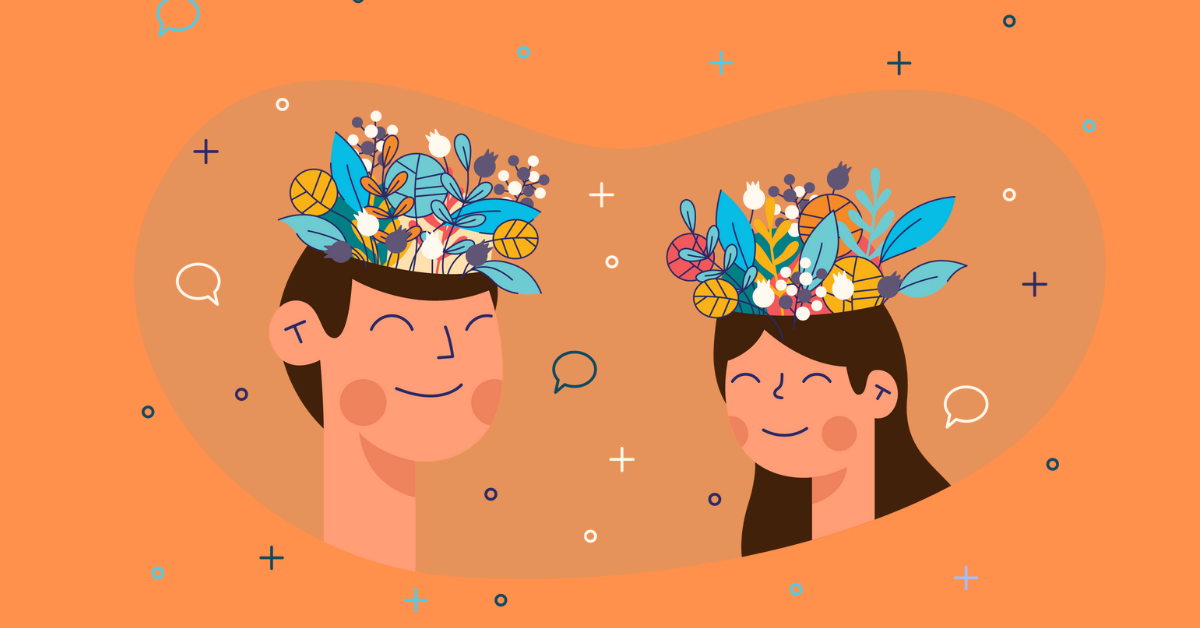
Life is ever-changing. Accepting and adapting to change can be difficult for some people. After all, as they say, the only thing that’s constant is change.
Change can be described as the event which occurs, (often at an organisational level), therefore external to the individual, whereas transition describes the internal psychological adaptation to change.
As human beings, we tend to act on and blindly believe our feelings. Emotions alert us about the threat, but they can also be like an ocean, that we cannot dive in forever to survive.
If we learn how to accept and adapt to change, we can lead more fulfilling and meaningful lives. Here are a few tips to make accepting and adapting to change a little bit easier:
Reconnect With Your Body

Reconnecting with your body is a vital aspect of accepting and adapting to change. Amidst the turbulence of change, it is easy to lose touch with our physical selves and become consumed by our thoughts and emotions.
Establishing a strong connection between the mind and the body can offer a sense of stability and grounding during uncertain times. One effective way to reconnect with your body is through mindfulness and meditation.
Mindfulness involves being fully present and aware of your body and surroundings. By practicing mindfulness, you can identify physical sensations or tension that may be a result of stress or anxiety.
Meditation complements mindfulness by encouraging focused attention and deep breathing, promoting relaxation and mental clarity. Both mindfulness and meditation can provide a solid foundation for navigating change by fostering a deep connection with your physical self. Another technique for reconnecting with your body is engaging in physical activities that bring you joy and relaxation.
Exercise, such as yoga, swimming, or even a simple walk in nature, can help release pent-up stress and restore balance between the mind and body. Physical activities not only keep you healthy but also allow you to reconnect with your body by directing your attention to your movements and sensations. Lastly, consider embracing self-care practices that help you tune into your body’s needs.
This might involve getting enough sleep, eating well, and setting aside time for relaxation and rejuvenation. By prioritizing self-care, you signal to yourself that you value your well-being, which is essential when facing change.
Reconnect With Your Mind
I often talk with people caught up in their experiences of accepting and adapting to change. Even ‘good’ changes in life create a challenge to some extent. Why? Each of us, early in life, develops ‘positive’ and ‘negative’ beliefs about ourselves.
The ‘good’ ones are the wind in the sails helping us get through life’s challenges and encouraging us to reach out for opportunities. I can cope. I am capable. Others will help me. I can do what I aim to.
One of the most effective ways to reconnect with your mind is through practicing self-awareness. This involves taking a step back and observing your thoughts, emotions, and reactions without judgment.
By developing an awareness of your mental patterns and understanding their origins, you can begin to uncover the underlying beliefs and assumptions that may be hindering your ability to adapt to change.
Self-awareness also allows you to recognize unhelpful thoughts and replace them with more constructive and empowering alternatives. Journaling is another useful tool for reconnecting with your mind.
Writing down your thoughts, feelings, and experiences can provide a safe space to express yourself and gain insight into your mental processes. Reflecting on your journal entries can help you identify recurring themes, patterns, or triggers, and provide a better understanding of your responses to change.
This practice of self-exploration can also contribute to personal growth and resilience. In addition to self-awareness and journaling, incorporating relaxation techniques into your daily routine can help calm the mind and improve mental clarity.
Practices such as deep breathing exercises, progressive muscle relaxation, and guided imagery can reduce stress and anxiety associated with change, allowing you to reconnect with your mind and think more clearly.
Focus on Living a Healthy and Balanced Life
Living a healthy and active life can help build our resilience and our ability to manage change. Stress is inevitable in life and is a normal response to dealing with changes in our daily lives.
The anxiety and stressors that often surround change can have a direct impact on our bodies and emotional state. Discovering the critical skills and tools to deal with stress and change is key to our survival on both an emotional and physical level.
Looking after our wellbeing, both inside and outside the workplace is detrimental to how we accept and adapt to change. It is essential to get adequate sleep, eat a healthy diet, and exercise regularly.
When a body is well-rested and fueled with a balanced diet, it can better handle the roller coaster of ups and downs that come with change and subsequent transitions.
Make Change Easier For Your Employees
Here at Zevo Health, our team of Wellbeing Specialists have created a number of trainings to equip attendees with the tools to support them with accepting and adapting to change and become more resilient.
Lack of awareness is a major factor that prevents employees from adapting to and accepting change. With the trainings that we offer, we can help make it easier for employees to adapt to change, both personal and professional.

